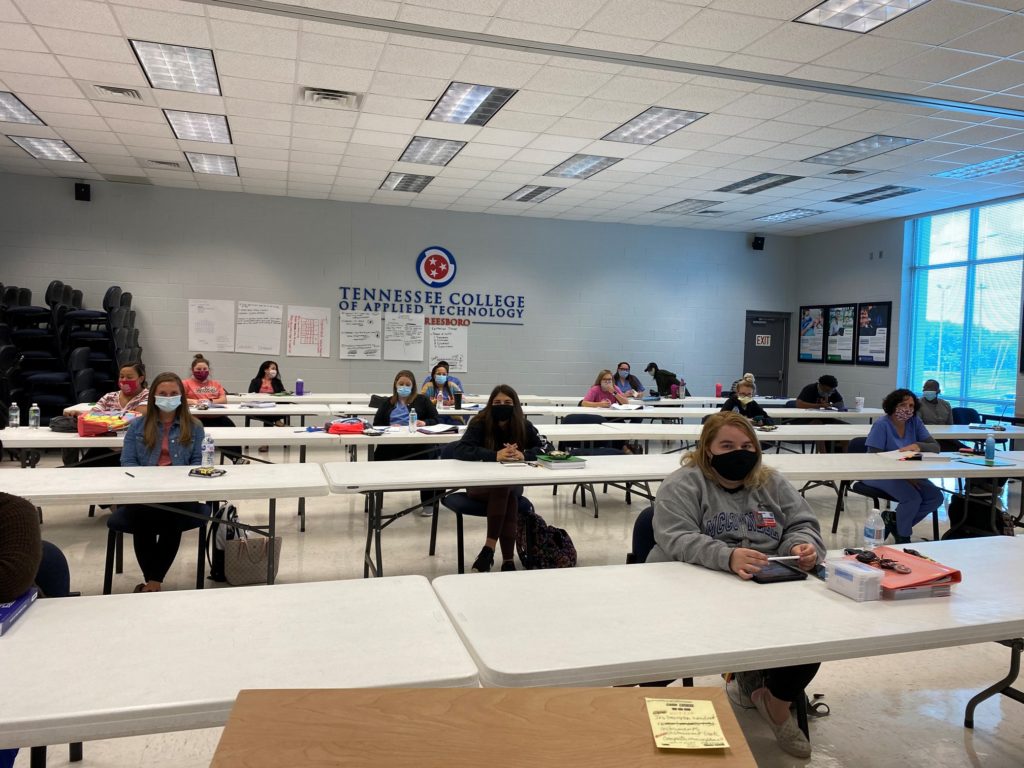
Roughly 40% of Tennessee seniors take steps to enroll in college, but don’t follow through in the fall.
That’s even though education leaders have been fairly successful at getting kids to apply for federal financial aid and the state’s free two-year tuition program, Tennessee Promise.
About 20,000 students disengage from the “education system entirely each year,” according to education nonprofit SCORE. Some of these students attend four-year colleges and enroll in out-of-state institutions.
But the process known as “summer melt,” students who take steps to enroll but don’t follow through in the fall, is one of the main drivers. And the Tennessee Higher Education Commission is discussing ways to address it.
Summer melt affects low-income Black and Latino students the most. It also has a big impact on aspiring first-generation college students.
“The reality of it is there are life circumstances that happened over the course of the summer,” says Jesse Turner, a college access counselor at Lexington High School in Henderson County.
Students who are low-income, underrepresented or living rural areas, he says, face barriers that their peers don’t have to deal with.
“This could be responsibilities that they have at their home [and] that they’re afraid to step away from,” says Turner. “You know, like, ‘Oh, I need to help support this household. I’m expected to work.’ ”
One of the biggest barriers is transportation, he says.
More: Textbooks And Childcare Costs Are Eligible For New Grants From Tennessee Community Colleges
Other factors leading to summer melt are the high cost of attending college, decreased advising support after leaving high school, and students losing interest after being waitlisted at technical colleges.
For the class of 2019, the last graduation group who didn’t have their school year altered by the pandemic, nearly 17,000 of the 50,000 students who applied for Tennessee Promise didn’t show up to class. Of those students, two-thirds were said to be academically underprepared based on their college admissions scores.
Education leaders say being underprepared for college by K-12 schools can lead to students backing out of enrollment because of self-doubt.
To help combat summer melt, SCORE is recommending that Tennessee high schools start the process of getting kids into college before their junior years, and that the state invest in more summer college preparation programs.

